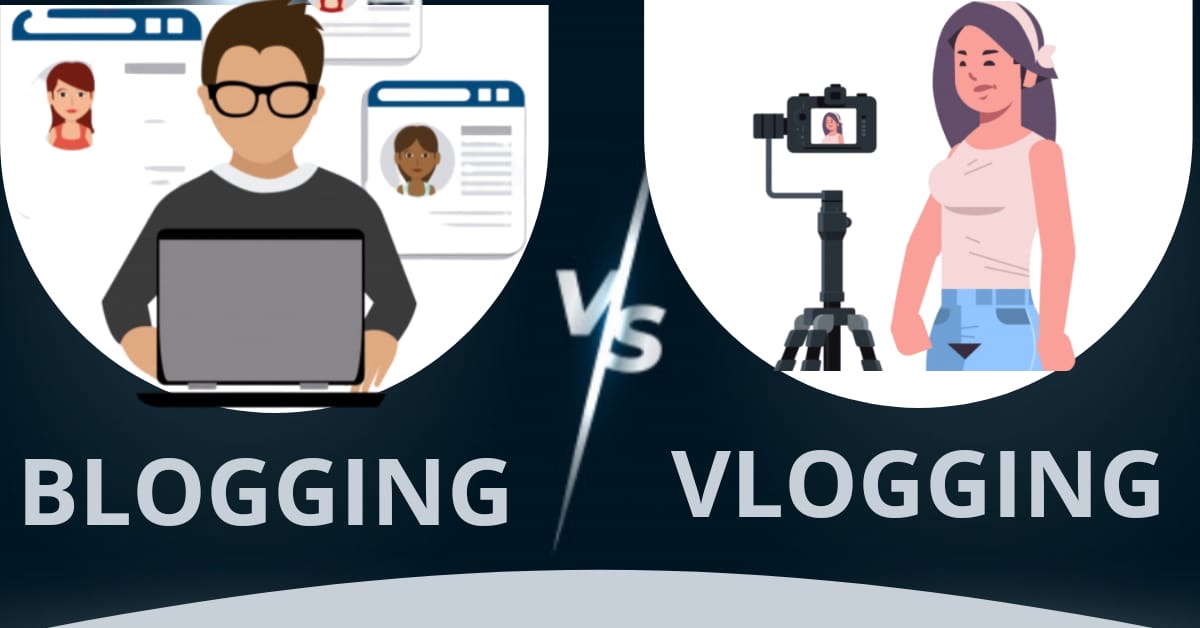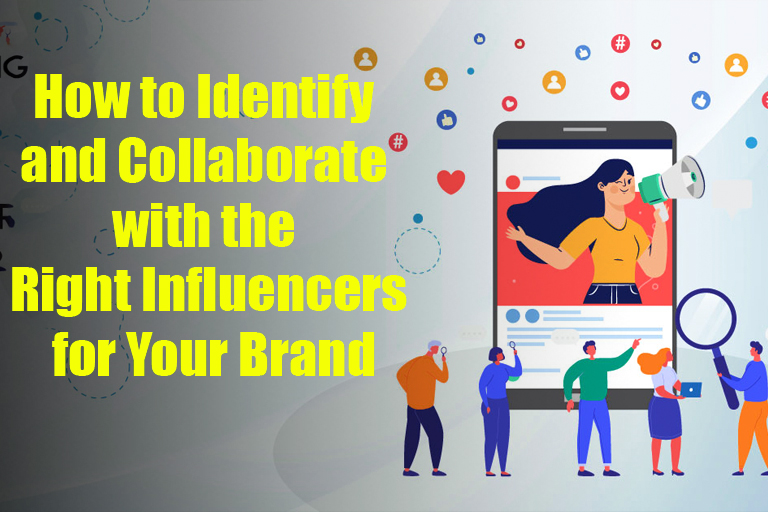In the constantly evolving landscape of digital media and content creation, words such as blogger“,” “vlogger,” and “influencer” are often employed interchangeably. Nevertheless, each position carries distinct attributes and objectives, even as they share certain similarities. In this piece, we will explore the disparities and parallels among these three impactful personas.
The Blogger: Crafting Wordsmithery
Blogging is the art of crafting written content in a structured manner, often in the form of articles or blog posts. Bloggers are essentially wordsmiths, using their writing skills to inform, entertain, or educate their readers. They usually maintain a blog, a website where they regularly publish written content.
Similarities:
Content Creation: Like vloggers and influencers, bloggers are also content creators. They provide valuable information and entertainment to their audience through their written work.
Niche Focus: Bloggers often have a niche they specialize in, just as vloggers and influencers do. This specialization helps them build a dedicated readership.
Differences:
Medium: The primary medium for bloggers is text-based content. They rely on written words to convey their message and engage their audience.
Engagement: Engagement with the audience typically happens through comments, social media, and email. It is not as immediate and visual as the interactions vloggers and influencers experience.
The Vlogger: Visual Storytelling
Vlogging, short for video blogging, involves creating video content for platforms like YouTube. Vloggers are visual storytellers who use videos to connect with their audience, sharing experiences, tutorials, or commentary.
Similarities:
Content Creation: Vloggers, like bloggers and influencers, are content creators. They provide valuable information and entertainment, but through video content.
Niche Focus: Vloggers often specialize in specific niches, catering to particular interests and demographics.
Differences:
Medium: Vloggers rely on videos as their primary medium for content creation. They engage their audience through visual and auditory experiences.
Engagement: Vloggers usually have a more direct and visual form of engagement with their audience through comments, likes, and video responses.
The Influencer: Shaping Trends
Influencers are individuals who have established credibility and a strong following within a specific niche. They leverage their influence to endorse products, services, or causes and shape the opinions and behavior of their audience.
Similarities:
Each of these content creators, whether bloggers, vloggers, or influencers, actively connects with their audience, fostering a vibrant community around their content.build a community around their content.
Content Quality:
Success in each role relies on producing high-quality, engaging content that resonates with their target audience.
Differences:
Monetization:
While bloggers and vloggers can earn through ads, affiliates, and sponsorships, influencers primarily monetize their personal brand and influence. They often collaborate with brands for sponsored content and promotions.
Endorsements:
Influencers have a unique role in endorsing products, services, or causes due to their established credibility and trustworthiness.
To sum it up, bloggers, vloggers, and influencers all share a common thread of content creation and niche expertise, yet their distinctions are rooted in their chosen platforms, audience interaction methods, and approaches to generating income. These distinct roles collectively contribute to the digital realm, serving a wide range of audience preferences and molding the online content creation landscape.
Read More:- Navigating the Social Seas: Becoming an Instagram Influencer with Spectrum Internet
Read More:- Cracking the Code: Unveiling the Top 2023 TikTok Campaigns




